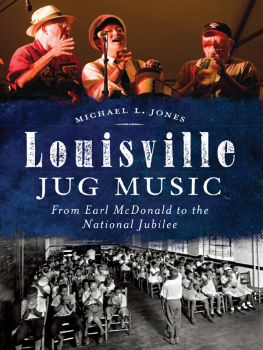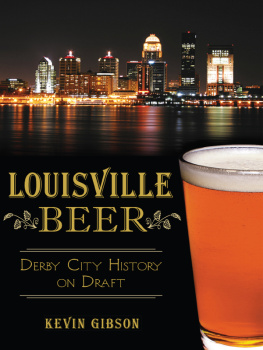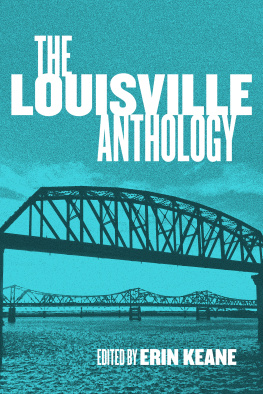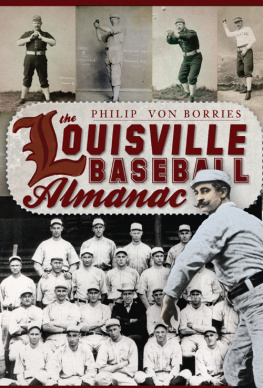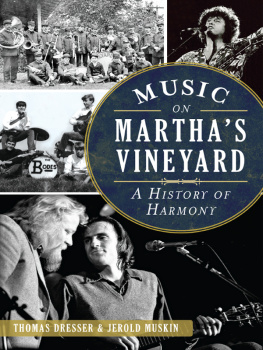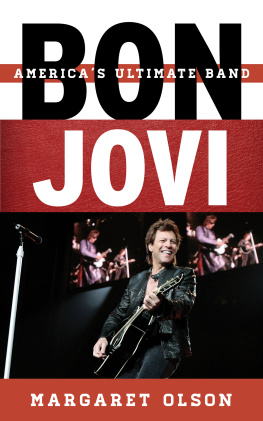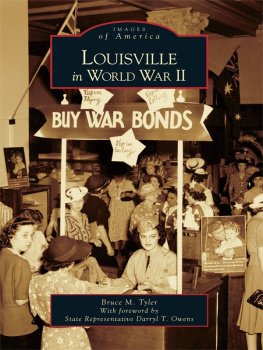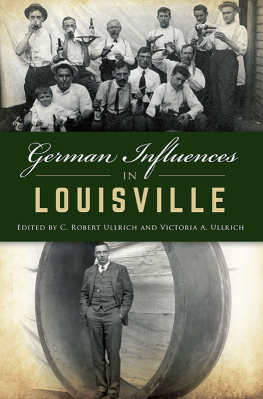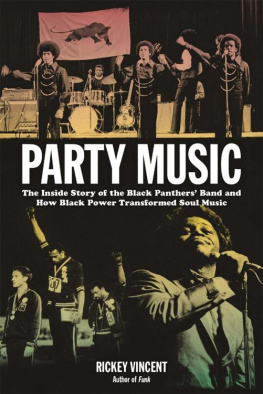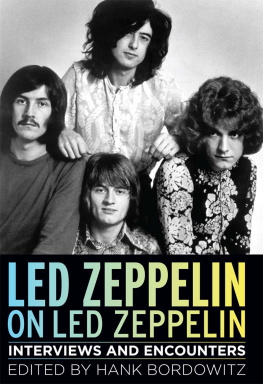
Published by The History Press
Charleston, SC 29403
www.historypress.net
Copyright 2014 by Michael L. Jones
All rights reserved
First published 2014
e-book edition 2014
ISBN 978.1.62585.028.7
Library of Congress Cataloging-in-Publication Data
Jones, Michael L. (Michael Lamont), 1969- author.
Louisville jug music : from Earl McDonald to the National Jubilee / Michael L. Jones.
pages cm
Includes bibliographical references.
print edition ISBN 978-1-62619-496-0
1. Jug band music--Kentucky--Louisville--History and criticism. 2. Jug bands--Kentucky--Louisville. I. Title.
ML3477.8.L68J66 2014
784--dc23
2014028425
Notice: The information in this book is true and complete to the best of our knowledge. It is offered without guarantee on the part of the author or The History Press. The author and The History Press disclaim all liability in connection with the use of this book.
All rights reserved. No part of this book may be reproduced or transmitted in any form whatsoever without prior written permission from the publisher except in the case of brief quotations embodied in critical articles and reviews.
This book is dedicated to Rod Wenz and Steve Drury, founders of the National Jug Band Jubilee. The two of them did so much to preserve the legacy of jug band music in Louisville, Kentucky. Say hello to Earl, fellows.

Tributes to National Jug Band Jubilee founders Rod Wenz and Steve the Amazing Mr. Gil Fish Drury at the 2010 Jubilee. Drury was also a member of the Juggernaut Jug Band. Wenz was a retired public relations executive who collected vintage folk and early jazz records. Photo by Brian Bohannon, courtesy of the National Jug Band Jubilee.
Contents
Preface
The book you are holding is the end result of two decades of odd coincidences. The first occurred in 1993, a couple of years after I moved back to Louisville after attending the University of Kentucky in Lexington. I was thumbing through import blues records at a store called Underground Sounds when I came across a record called Clifford Hayes and the Jug Bands of Louisville. It was from RST, an Austrian label, but I wondered if the title was referring to Louisville, Kentucky. After purchasing the record, I took it home and discovered that not only was it my Louisville, but also the liner notes were written by a lady named Brenda Bogert, who lived only a few blocks away.
The Bogerts phone was answered by Brendas husband, Pen, a historian at the Filson Historical Society. He was a little surprised that Id gone to the trouble of seeking him out, but he dutifully filled me in on the basic history of jug band music in Louisville. What excited me most was that this is an aspect of the blues I hadnt heard about before. I was raised by my grandparents in a house that was full of blues and jazz, so when I went off to the University of Kentucky, I drifted toward more abrasive sounds like hip-hop and punk rock. But in 1991, I moved back to Louisville and was living with some high school friends who had a college rock band called Rabbit Manor. One day, our friend Chris Blaise left a compilation of Robert Johnson recordings at our house that made me listen to the music of my youth in a new way. I became obsessed with reading and listening to everything to do with the blues. But as a writer, I felt like I didnt really have much to add in writing about the genre. There were no famous bluesmen from Louisville, and at the time, I didnt know that the town had been a popular stop for traveling musicians. Bogert gave me the feeling there was still something to know about the blues.

Author Michael L. Jones with jugs from the J.C. Barnett collection at the Oldham County Historical Society. Barnett donated more than four hundred jugs to the historical society. Whiskey jugs were used in the nineteenth century to advertise drinking establishments. Photo by Brian Bohannon.
Our conversation led me to seek out the Juggernaut Jug Band, the last remaining jug band in Louisville. I went to leader Steve Drurys house one afternoon to go through his archives. This led to a 1998 Louisville Magazine article about the group. It took a few years and another coincidence before I got around to writing about jug band music again. One of my early assignments for the Louisville Eccentric Observer (LEO), a local alternative weekly where Ive worked for two decades, was to write about a new video store opening in the Highlands neighborhood in Louisville called Wild & Woolly Video. The owner, Todd Brashear, had been the bassist for an indie rock band called Slint when he was a teenager. Years after the band broke up, one of its songs was used in the soundtrack of a Larry Clark movie called Kids. The exposure led indie rock fans to rediscover Slint, and the band members, all college age now, started getting royalties. Brashear used his money to open the business.
Todd turned out to be not only a good interview subject but also a great guy. I became a regular customer, and one day, as we were talking about music, I mentioned something about jug band music. Not only did Todd know about it, but also, when he was on tour in England, hed come across a blues magazine called Storyville that had a history of Louisville jug band music in it. If I was interested, Todd knew someone who had some back issues, and he could get them for me. I later found all the articles at my local library, but I would never have known they existed without Todd.
All the Storyville articles about jug band music were based on an unpublished manuscript by Fred Cox, an Indianapolis attorney who had done jug band research in the 1960s and 70s. Cox and his fellow researchers, John Harris and John Randolph, had actually been able to interview the jug band musicians. With Todds help, I was able to cobble together everything that had been published from Coxs manuscript. It became the basis for a 2000 LEO article I wrote called That Crazy Jug Band Sound. That article is still available on the Juggernaut Jug Bands website, www.juggernautjugband.com.
The Cox manuscript mentioned a record collector named Everett Mock, who remembered jug bands playing at his fathers store in Southern Indiana when he was a kid. Unfortunately, Mock was dead by the time I found out about him, but Todd and I went to the New Albany home of his brother, Larry Mock. Larry also remembered seeing the Ballard Chefs at an in-store performance when he was a child, but he didnt have much else to offer. His brothers music collection had been donated to Indiana University, where it was sitting in storage. He was angry about that because his brother wanted the collection made available to the public. Everett Mocks papers would eventually be purchased by the Filson Historical Society, but they did not include the article about early jazz in Louisville that Cox mentions in his manuscript.
It was a few years after that article when jug music came up again. In 2003, I left Louisville for a few months to go to Chicago for a magazine writing fellowship at Northwestern University. When I came back, I was unemployed and looking for something to do. Reverend Louis Coleman, a Louisville civil rights leader, contacted me about helping him write his autobiography. Coleman and I would meet at a coffeehouse a couple of times a week to do interviews. One day, we were talking about other activists hed been affiliated with over the years. These were people whom he called his soldiers. One of them was Mattie Mathis. Just as an aside, Coleman mentioned that Mathiss father had been a big blues musician. Still interested in blues, I asked him her fathers name. Coleman couldnt remember, but he said he used to blow into a jug. It had turned out that Id known Earl McDonalds daughter for years without even knowing it.
Next page
